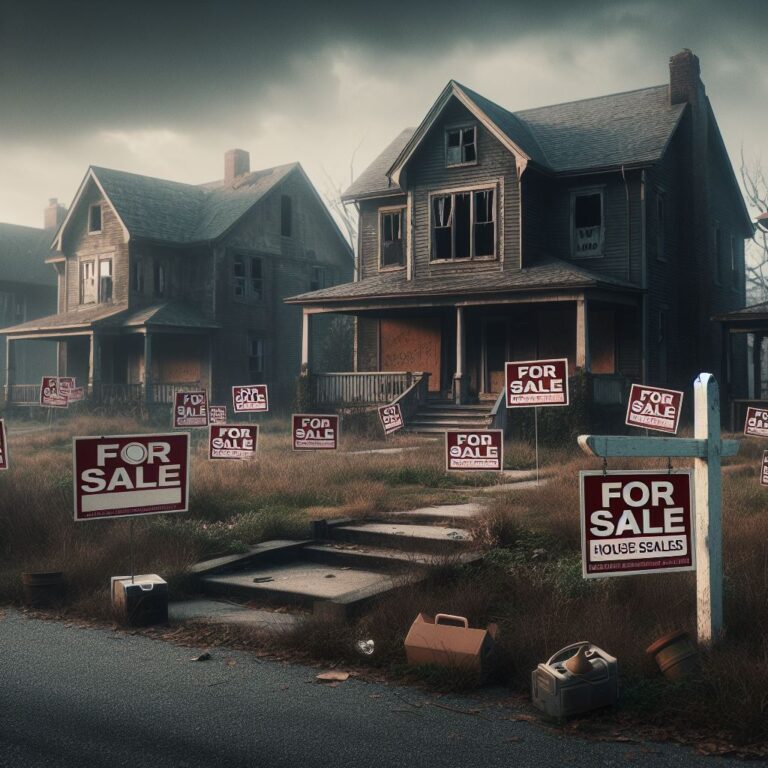Selling a property above market value can be an enticing prospect for sellers seeking maximum profit. However, it is crucial to assess the risks and challenges associated with this strategy.
This article delves into the considerations involved in pricing a property above market value and sheds light on the potential rewards and drawbacks. By exploring the pricing strategies employed by traditional real estate agents and understanding the impact of overpricing on the selling process, sellers can gain valuable insights.
Additionally, examining the buyer perspective, the importance of finding the right price, and the overall implications of selling above market value allows sellers to make informed decisions that align with their goals while minimizing setbacks.
Striking the delicate balance between risk and reward is paramount for achieving success in today’s competitive real estate market.
Key Takeaways
- Pricing a property too high can lead to being priced out of the market.
- Overpricing can result in limited interest and lack of offers from buyers.
- Properties priced above market value may not attract serious buyers and may spend more time on the market.
- Finding the right price, based on market conditions and buyer expectations, is crucial for a successful sale.
Pricing Strategy Considerations
Considerations for pricing strategy play a crucial role in determining the success of selling a property above market value. Traditional real estate agents typically base the listing price on comparable properties in the neighborhood. However, sellers often lean towards higher prices to maximize their profit.
It is important to note that setting the price too high can lead to being priced out of the market. Therefore, emotional factors should be avoided when pricing a property. Instead, pricing based on recent sales of similar properties is more reliable. Sellers should strive to balance their desire for maximum profit with market realities.
Understanding the local real estate market is crucial for making informed pricing decisions. Seeking guidance from a reputable real estate agent can help determine the right price and mitigate the potential consequences of overpricing. Ultimately, pricing within a reasonable range increases the likelihood of attracting interested buyers.
Buyer Perspective and Interest
Buyers play a crucial role in determining the success of selling a property above market value. When considering purchasing a property, buyers are unlikely to make offers on overpriced properties. Good agents guide buyers away from overpriced homes, as buyers tend to focus on properties within a reasonable price range. If a buyer never discovers a house, they won’t consider it. Therefore, overpricing a property can result in limited interest and lack of offers.
Additionally, properties priced above market value may not attract serious buyers, leading to a longer time on the market and increased waiting time for sellers. To increase the chances of a successful sale, sellers should price their property within a reasonable range that aligns with buyer expectations and market conditions.
Finding the Right Price
How can sellers determine the right price when selling above market value?
Finding the right price when selling above market value requires a thorough analysis of various factors.
Sellers should consider traditional pricing strategies used by real estate agents, such as evaluating comparable properties in the neighborhood.
While sellers may be inclined to set a higher price to maximize profit, it is important to avoid setting the price too high and being priced out of the market.
Emotion should be removed from the pricing decision, and reliance should be placed on recent sales of similar properties to establish a more reliable price range.
Balancing the desire for maximum profit with market realities and understanding the local real estate market are crucial in determining the right price.
Seeking guidance from a reputable real estate agent can also help sellers in this process.
Ultimately, pricing within a reasonable range, typically within -3% to +3% of market value, increases the likelihood of attracting interested buyers and achieving a successful sale.
Impact on Selling Process
The impact on the selling process when pricing a property above market value can be significant.
- Longer Time on the Market: Overpricing can result in a longer time on the market as potential buyers may be deterred by the inflated price.
- Limited Interest and Lack of Offers: Properties priced above market value may not attract serious buyers, leading to limited interest and a lack of offers.
- Discouragement for Realtors: Higher prices can discourage realtors from showing the property to potential buyers, as they may perceive it to be overpriced and not worth their clients’ time.
To ensure a successful sale, it is important for sellers to price their property at a reasonable level. This increases the chances of attracting interested buyers and minimizing the time spent waiting for a sale. By understanding the potential consequences of overpricing and adjusting the price accordingly, sellers can navigate the selling process more effectively.
Risks and Challenges
Selling a property above market value can present several risks and challenges. One major risk is the limited interest and lack of offers from potential buyers. Buyers are unlikely to make offers on overpriced properties and tend to focus on properties within a reasonable price range.
Overpricing can also result in a longer time on the market, as properties priced above market value may not attract serious buyers. Furthermore, higher prices can discourage realtors from showing the property to potential buyers, further reducing the chances of a successful sale.
It is crucial for sellers to carefully consider the impact of overpricing on the selling process and find the right price based on market conditions and buyer expectations.
Importance of Market Conditions
Understanding the prevailing market conditions is essential when considering the risks and rewards of selling a property above market value. Market conditions play a crucial role in determining the success or failure of such a pricing strategy. Here are three key points to consider:
- Supply and demand: A seller needs to assess the supply and demand dynamics in the local real estate market. If there is high demand and limited supply, selling above market value may be feasible. However, in an oversaturated market, it can be challenging to attract buyers at a higher price.
- Comparable sales: Analyzing recent sales of similar properties in the area provides valuable insights into market trends and buyer expectations. Pricing above recent comparable sales may be risky, as buyers are more likely to focus on properties within a reasonable price range.
- Economic factors: Economic indicators such as interest rates, employment rates, and consumer confidence can impact market conditions. Sellers should be aware of these factors and adjust their pricing strategy accordingly.
Frequently Asked Questions
How Can Emotional Factors Impact the Pricing of a Property?
Emotional factors can influence the pricing of a property by leading sellers to set higher prices to maximize profit. However, relying on emotions rather than market realities can result in limited interest, lack of offers, and a longer time on the market.
What Are the Potential Consequences of Overpricing a Property?
Overpricing a property can result in limited interest, a longer time on the market, and a lack of serious buyers. It may also discourage realtors from showing the property and decrease the chances of a successful sale.
How Do Buyers Typically React to Overpriced Properties?
Buyers typically show limited interest and are unlikely to make offers on overpriced properties. Good agents guide buyers away from such homes, as they focus on properties within a reasonable price range.
What Is the Significance of Being Within a Reasonable Price Range for Attracting Interested Buyers?
Being within a reasonable price range is significant for attracting interested buyers as it increases the likelihood of receiving offers. Buyers focus on properties that fall within their budget and are unlikely to consider overpriced properties.
How Does Overpricing a Property Affect the Role of Real Estate Agents in the Selling Process?
Overpricing a property diminishes the role of real estate agents in the selling process as they may struggle to attract potential buyers and face challenges in convincing sellers to adjust the price.






